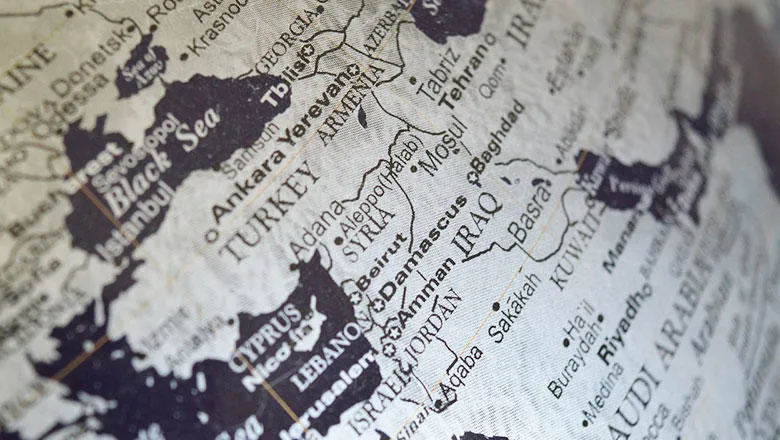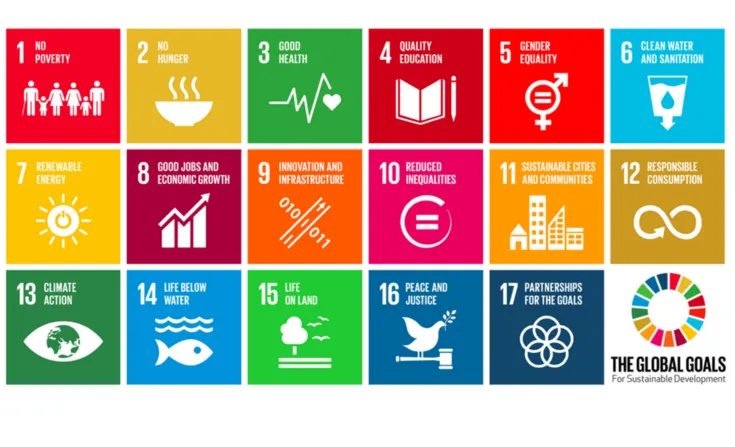14 May 2018
How Arab women pioneers are working to accelerate gender equality
Lina Abirafeh, Director, Institute for Women’s Studies in the Arab World
To achieve the same pay and employment opportunities as men, Arab women will need to wait a staggering 580 years

At the current pace, it will take the Arab region 157 years to achieve gender equality. And economic equality is an even more distant dream: to achieve the same pay and employment opportunities as men, Arab women will need to wait a staggering 580 years.
We aren’t going to wait that long. After all, we’ve been working for equality for generations already. Equality is better for everyone – and everyone needs to commit to it. We cannot underestimate the role of academia in pioneering change and advancing equality.
The Institute for Women’s Studies in the Arab World is a 45-year-old organisation whose origins date back to the 1830s. What began as a school for girls evolved into a junior college for women and eventually a co-ed university – the Lebanese American University – where we are now based. The Institute was established in 1973 to honour that legacy and preserve our commitment to equality, empowerment and education for women and girls. It was the first of its kind in the region – and among the first globally.
All this coming from the Arab region, a part of the world perceived as backwards. While it is true that regional challenges are significant and gender equality continues to be contested, the global landscape is also relatively bleak. Worldwide, poverty still has a woman’s face. No country has achieved equality. Women continue to be under-represented in economic and political spheres – although they are a powerful force for change. Inequalities are embedded in legislation in far too many countries. Women and girls continue to suffer from conflict and insecurities around the world. And women and girls continue to be subjected to all forms of gender-based violence.

A global consensus for equality
At the same time, we have critical ingredients in our favour. There is global consensus that equality and empowerment are non-negotiable human rights imperatives. We have a range of international instruments and global guidance to help us bring this to fruition, including the Sustainable Development Goals. In the SDGs, gender equality is both a standalone goal and a prerequisite to achieving all other goals. What we’re saying here is this: without equality we have no hope of lasting peace or sustainable development.
Here, we’re working to apply these principles and give them meaning across the region. We face multiple protracted crises – Syria, Palestine, Iraq, Yemen – and enormous humanitarian needs. We struggle with political instability, economic insecurity, and cultural conditionality. We know all too well what impediments we face. But we’re not going to wait for equality to come to us – we’re doing whatever it takes to bring equality to life, in our lifetime.
For instance, our Country Gender Profiles provide key information on gender issues for each of the 22 Arab countries, helping policymakers to understand how gender affects access to healthcare, education and employment. Whether via our bi-annual journal Al-Raida, in publication since 1976 – and now available online, or via new innovative means, such as an animated song on gender equality – In My Hand, (Bi Ideh in Arabic), and an annual student video competition in honor of the 16 Days of Activism to End Violence Against Women, we are driving forward activism and having a significant impact in the region.
Start where you stand
We look forward – while acknowledging the rich history that came before us. I am fifth in a line of dynamic women who have each brought their particular passion and vision into building this Institute. Every time I feel discouraged, and that’s every day, I remember a line from a Berton Braley poem that I once saw spray painted on a wall in Nepal: Start Where You Stand.
Starting where you stand means working from where we are, using what is around us, making a small change with whatever means we have. We may not see the results in our lifetime, but it is still worth a fight. Every day, we build on the accomplishments of our founding foremothers – and every step we take towards equality is a tribute to their lives and labours.
To find out more about IWSAW, and for ways to get involved, please see their Facebook and Twitter
